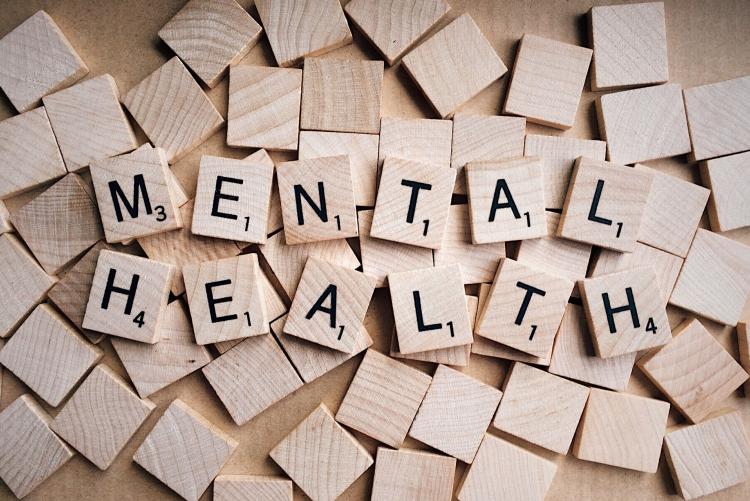The current COVID-19 pandemic has exposed Kenyans to state-enforced public health protocols at odds with their daily schedules. These include quarantine, curfew and cessation of movement across specific counties, including Mombasa. Put together, the three answer to isolation and containment. Whereas quarantine separates and restricts movement of people who have potentially been exposed to a contagious disease in order to limit disease spread, curfews require people to remain indoors between specified hours. From 27th March 2020, the hours between 7pm and 5am were declared as curfew hours in a Presidential statement.
Such measures can produce a wide range of psychological effects, including post-traumatic stress symptoms, depression, feelings of confusion, anger and fear, and even substance misuse. Overwhelming feelings of boredom, loneliness, anger, isolation and frustration are related to poor mental health outcomes. In the post-quarantine/isolation period, loss of employment due to the depressed economy and the stigma around the disease are also likely to lead to mental health problems.
Like other pandemics in the past, COVID-19 has brought far-reaching changes in the family and other social relationships. For instance, the overwhelming need to restrict physical contact, to wear a mask, and staying at home are likely to result in loss of intimacy and social contact, and hence physical and psychological isolation. Physical and psychological symptoms including lack of sleep, headaches due to continual wearing of masks, and depressed affect are not uncommon. The changes in normal roles and routines create stress for family members, including children who cannot attend school, and may not know why they cannot. Additionally, parents must struggle to strike a balance between explaining the pandemic to their children without heightening their fear. For parents who also double up as health care workers, the conflict between being professionals and infecting their families become real. These conflicts are likely to cause feelings of guilt, fear, and anxiety, among others. Lastly, as home environments become toxic due to depressed affect, school closures and diminishing resources among others, the odds of family violence increase.
Little is known about the experiences of our people under public health protocols in terms of compliance, difficulties and psychological impact. The resulting interruption of filial and other bonds due to fears about infecting self and others, and/or avoidance behaviours during and post-isolation are issues of concern to social scientists. Further, public health protocols that directly contradict long held traditions, for instance, concerning how and when burials are to be conducted has ramifications for their success. Finally, fear of social stigma for those infected may cause people to deny early symptoms and consequently fail at early diagnosis. It is important to note that early diagnosis is essential for management of a new disease as COVID-19. Therefore, it is important to understand how people perceive interventions and what psychological mechanisms are triggered by coercive measures.
The extent to which these measures are effective remains to be seen due to the novelty of the situation in the country. However, it is clear that the measures fail if people do not adhere to them. While it is possible to officially sanction the measures, outcomes including police brutality and poor mental health are not uncommon. As has been the case elsewhere, people find it difficult adhering to such protocols for lack of understanding of what they actually mean, and especially when they contradict traditions, for instance shaking hands, caring for the sick, burial rites, etc.
For the success of containment measures, health officials should provide clear information to those in isolation. People also need to have their basic needs met in addition to regular and accurate information on the benefits of the measures put in place.
Dr. Habil Otanga is the Coordinator of the Faculty of Arts Programmes at the University of Nairobi, Mombasa Campus and a Lecturer in the Department of Psychology.
- Log in to post comments

